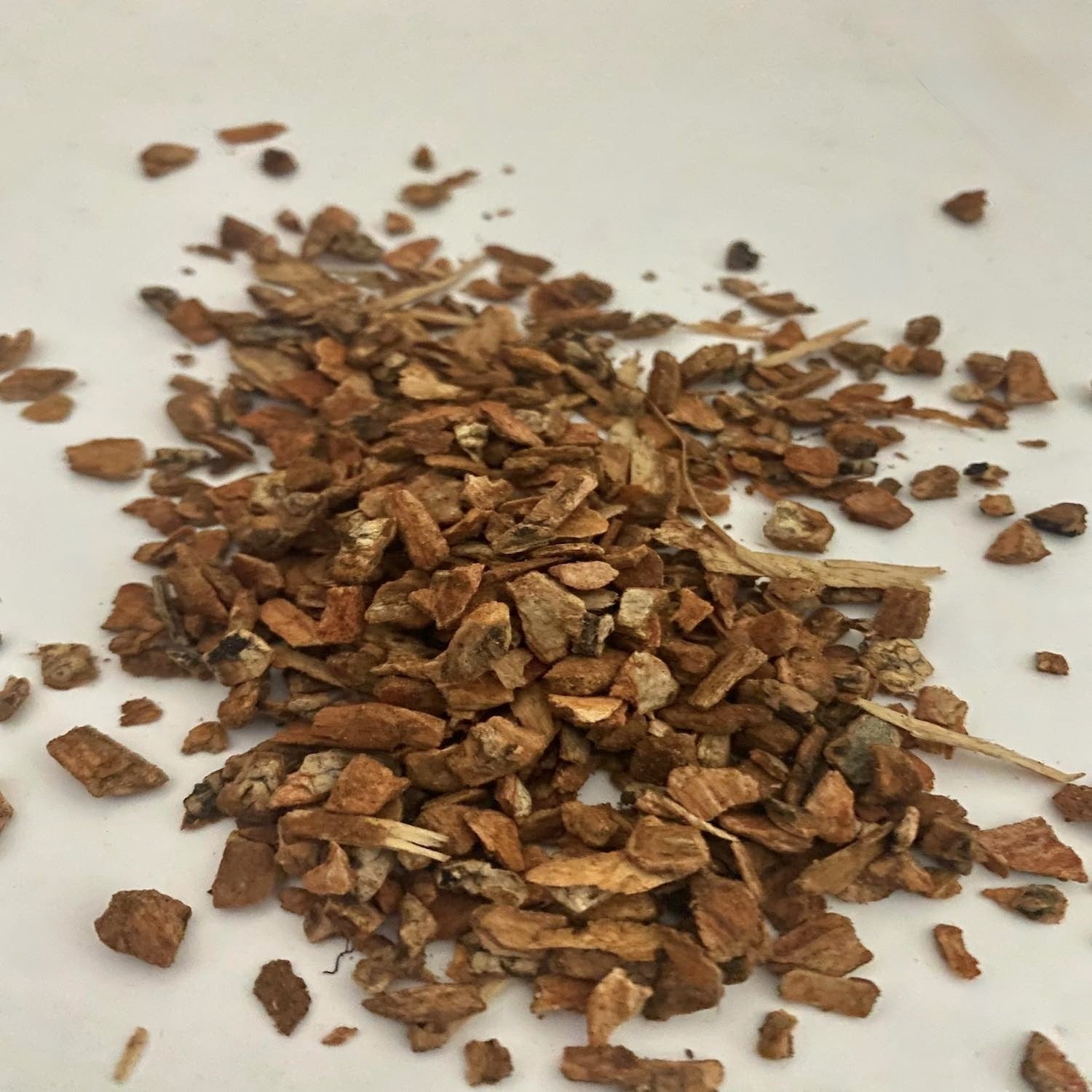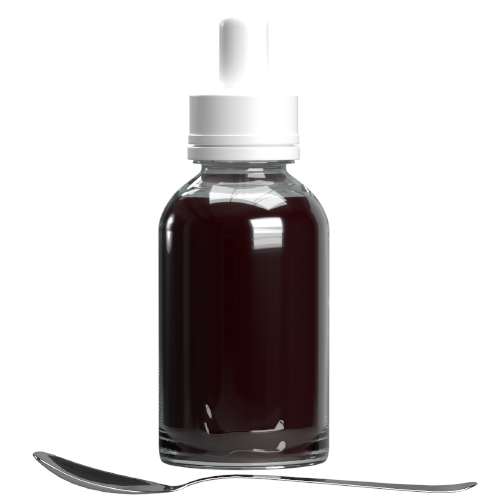

Camp bark Tincture 50 ml
Uses and Benefits
What are the benefits of cramp bark? Here are some of the top ways it has been known to improve health:
1. PMS/Menstrual Cramps
Research from in vitro studies reveals that cramp bark can block the spasms of smooth muscle, so it’s not surprising that one of cramp bark’s most well-known uses as a traditional herbal remedy is for menstrual cramps that can accompany PMS. It’s known to help soothe even severe cramping that is associated with nausea, vomiting and sweaty chills.
2. Endometriosis
Endometriosis is a medical disorder in which the tissue that normally lines the inside of the uterus grows outside the uterus. The fruits of Viburnum opulus have been used to treat gynecological disorders, including dysmenorrhea (painful periods) as well as ovarian cysts.
A study published in the Journal of Ethnopharmocology in 2016 wanted to see if cramp bark could also improve endometriosis. In an animal model study, endometriosis was surgically induced in subjects, and then cramp bark fruit extracts were administered for four days.
The subjects treated with the extracts of Viburnum opulus berries showed significant improvement in their endometriosis compared to the control group. The study concludes that the herb’s chlorogenic acid content, along with its other phenolic compounds, are likely responsible for its positive effects on endometriosis.
3. Miscarriage
According to experts in the field, cramp bark has long been used as a spasmolytic (or antispasmodic) during pregnancy, particularly in miscarriage prevention. This use as an herbal remedy in pregnancy is said to go back to Native American tribes.
Cramp bark is known to be a top pick by herbalists in the United Kingdom for preventing miscarriage. Several active substances in Viburnum opulus, including scopoletin and aesculetin, have been labeled as having antispasmodic effects on the uterus.
Midwives sometimes choose cramp bark for a threatened miscarriage, as well as early labor, during actual labor and for after-labor cramping. While this may sound strange, herbs are known for sometimes having opposite effects on the body depending on the quantity used, when and how they are used, and whether or not an herb is used alone or in combination with other herbs.

